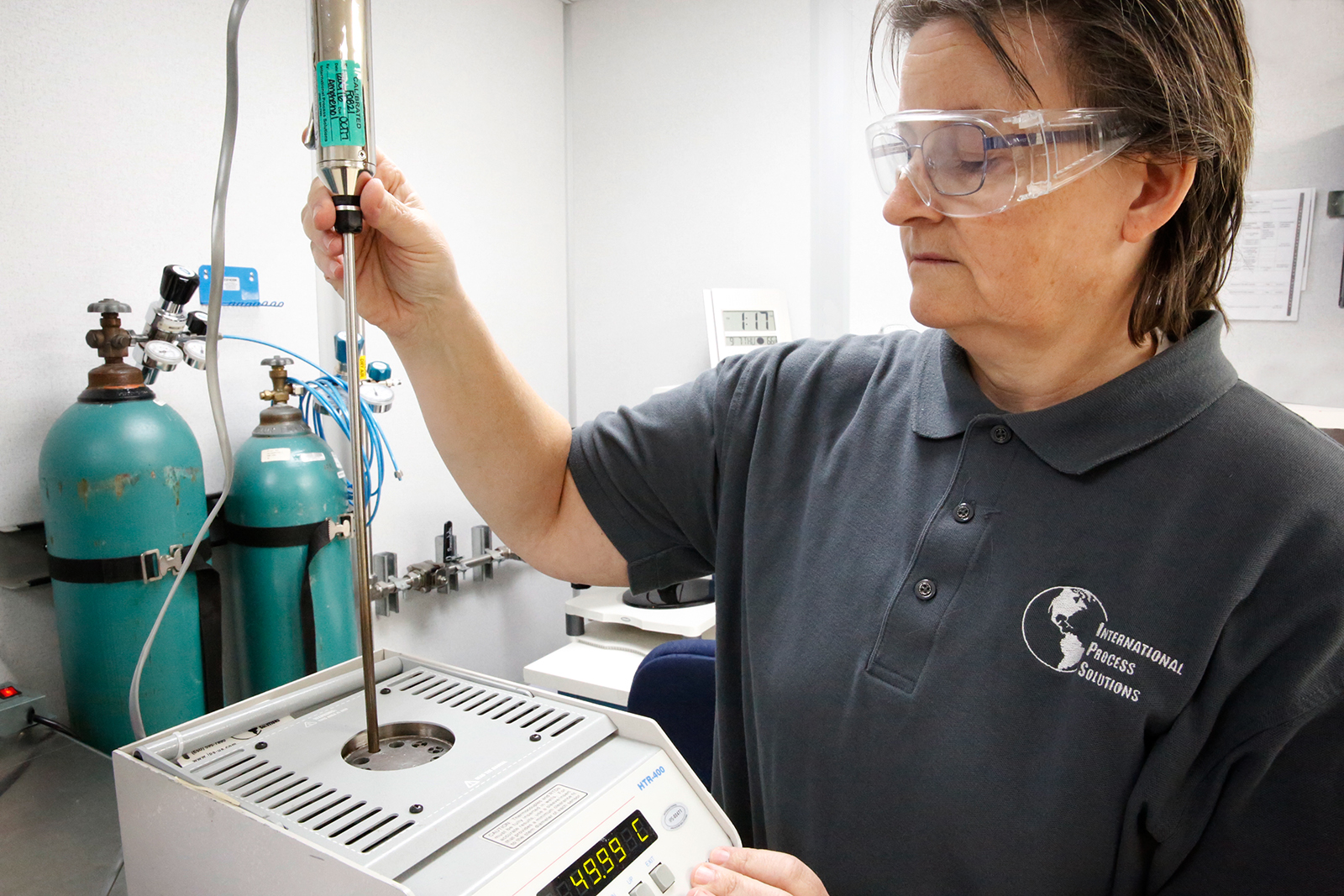
In the realm of scientific research and diagnostic testing, the precision and accuracy of laboratory instruments play a pivotal role in the reliability of experimental outcomes. Among these instruments, pipettes stand out as fundamental tools for the transfer of liquid volumes. The calibration of pipettes, therefore, emerges as a critical process, essential for maintaining the integrity of laboratory results. This article delves into the significance of pipette calibration and its impact on laboratory accuracy, presenting a comprehensive overview for professionals seeking to uphold the highest standards of experimental rigor.
Pipette calibration is the process of verifying and adjusting the volume of liquid dispensed by a pipette, ensuring that it aligns with the intended measurements. This procedure is not merely a recommendation but a necessity for laboratories aiming for excellence in their operations. The calibration process safeguards against errors that can compromise the validity of research findings, diagnostic results, and the development of therapeutics.
The cornerstone of scientific research is the reproducibility of results. Calibration ensures that pipettes dispense precise volumes, directly influencing the reproducibility of experiments. By eliminating variables associated with volume discrepancies, laboratories can achieve consistent results, essential for advancing scientific knowledge and developing new technologies.
Many laboratories operate under strict regulatory environments, mandated by bodies such as the FDA (Food and Drug Administration) and ISO (International Organization for Standardization). Regular pipette calibration is a requirement for compliance with these standards, which are designed to ensure the safety and efficacy of pharmaceuticals, medical devices, and other products. Failure to adhere to calibration protocols can result in non-compliance, leading to significant legal and financial repercussions.
The calibration of pipettes involves several steps, each critical for ensuring the accuracy of the instrument. Initially, the process begins with a pre-calibration check, assessing the pipette for any physical damage or malfunction that could affect its performance. Following this, the calibration itself is conducted, typically using gravimetric analysis, where the weight of water dispensed by the pipette is measured and compared against expected values based on the density of water and the ambient conditions.
The frequency of pipette calibration is determined by several factors, including the volume of use, the precision required for specific experiments, and the manufacturer’s recommendations. High-throughput laboratories, for instance, may require more frequent calibrations due to the extensive use of pipettes. Similarly, experiments demanding high precision necessitate more regular calibration checks to maintain stringent accuracy standards.
An integral component of the calibration process is the meticulous documentation of procedures and results. This documentation serves as a record of compliance with regulatory standards and as a reference for identifying trends in pipette performance over time. By maintaining detailed records, laboratories can preemptively address potential issues, ensuring the longevity and reliability of their pipettes.
Despite its critical importance, pipette calibration presents several challenges. Environmental factors, such as temperature and humidity, can influence the accuracy of calibration. Moreover, the technical expertise required for precise calibration necessitates trained personnel, who must be familiar with the nuances of the process. Laboratories must prioritize the allocation of resources to overcome these challenges, emphasizing the importance of calibration in their quality control protocols.
The continuous evolution of technology has led to significant advancements in pipette calibration methods. Automated calibration systems, for instance, offer enhanced precision and efficiency, reducing the potential for human error. These systems also provide detailed analytical data, further supporting laboratories in their quest for accuracy and compliance.
Pipette calibration stands as a fundamental practice in the pursuit of laboratory accuracy. Its role in enhancing reproducibility, ensuring regulatory compliance, and maintaining the integrity of scientific research cannot be overstated. By investing in regular calibration procedures, laboratories can safeguard the reliability of their results, contributing to the advancement of scientific knowledge and the development of innovative solutions to complex challenges. As we move forward, the importance of pipette calibration in the landscape of scientific research and diagnostic testing will undoubtedly continue to grow, underscoring its position as a cornerstone of laboratory precision.
Choosing International Process Solutions for your pipette calibration needs ensures unparalleled accuracy and reliability in your laboratory operations. With state-of-the-art facilities strategically located in both Southern and Northern California, we are positioned to offer our expertise and sophisticated calibration services to a broad spectrum of clients across the region. Our team of highly skilled technicians utilizes the latest technologies and follows stringent calibration protocols to deliver services that not only meet but exceed industry standards. By partnering with International Process Solutions, you gain access to a partner committed to enhancing the precision of your scientific research and ensuring your compliance with regulatory requirements. Don’t let calibration uncertainties hinder your laboratory’s potential. Contact us today for a free consultation and discover how we can tailor our solutions to fit your specific needs, ensuring your operations remain at the forefront of scientific excellence.
We’re here for you at every stage of your growth, creating the exact solution you need. Reach out now – we’d love to help. Call Today 650-595-7890
Service so good – it will make you look great.
When you email or call – we respond quickly, thoroughly, and with care. We believe your success is pivotal to our own.
We treat your company with the level of urgency and care we treat our own.
Send your best auditor our way. We will knock their socks off.
International Process Solutions
We have 3 calibration labs in Northern and Southern California.
No Comments